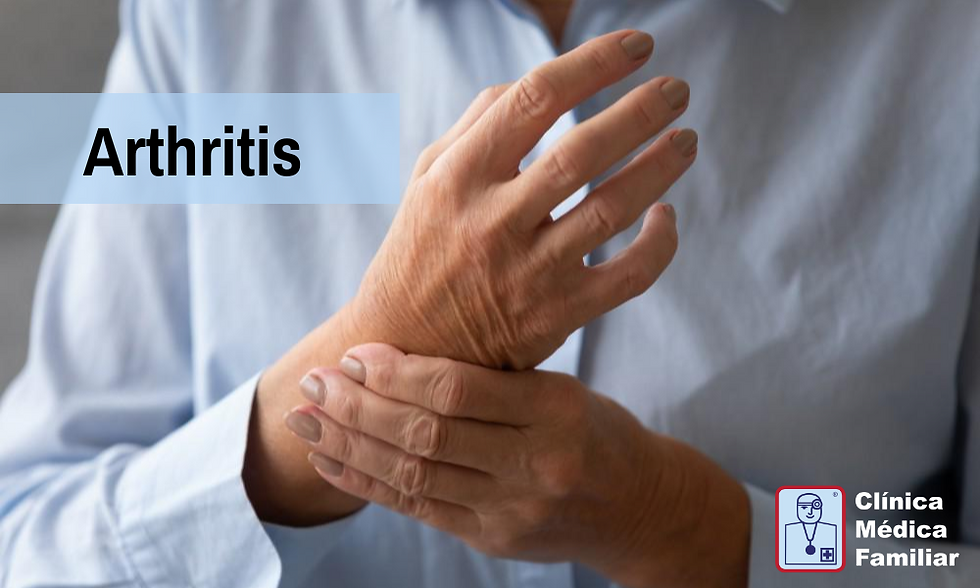Coronary Artery Disease
- Nora Manzo
- Apr 18, 2022
- 2 min read

To work properly, the heart must always have oxygen from the blood that flows through its chambers. Oxygen-rich blood is pumped into the heart muscle through the coronary arteries.
Overview
As a person ages, fatty deposits and scar tissue form plaque that clings to the inside of the arteries. This makes them narrower and lets less blood flow through. Without enough oxygen, the heart muscle becomes strained. This is especially so when a person is emotionally stressed or involved in physical activity.
In addition, blood clots sometimes form. They can become attached to the plaque deposits. This blocks the arteries from bringing oxygen to the heart even more.
PREVENTION
Eating healthy, exercising, keeping your weight down, controlling your blood pressure and quitting smoking are all essential to preventing this condition that causes narrowing of the arteries and increases the risk of a heart attack.
Prevention of coronary artery disease involves modifying atherosclerosis risk factors:
Weight loss
Healthful diet
Regular exercise
Modification of serum lipid levels
Reduction of salt intake
Control of hypertension and diabetes
Symptoms
In its early stages, coronary artery disease may have little to no symptoms, though some people experience fatigue, chest pain or shortness of breath. The most common symptom of coronary artery disease is angina (also called angina pectoris). Angina is often referred to as chest pain. It is also described as chest discomfort, heaviness, tightness, pressure, aching, burning, numbness, fullness, or squeezing. It can be mistaken for indigestion or heartburn. Angina is usually felt in the chest, but may also be felt in the left shoulder, arms, neck, back or jaw.
High Risk
Age
Diabetes
Family history of heart disease
High blood cholesterol
High blood pressure
Obesity
Sedentary lifestyle
Smoking
Stress
Treatment
Medical Therapy includes antiplatelet drugs, lipid-lowering drugs eg, statins), and beta-blockers
Percutaneous coronary intervention
For acute thrombosis, sometimes fibrinolytic drugs
Coronary artery bypass grafting
Clinica Medica Familiar is a family medicine practice that is offering Covid vaccines in our three locations: Magnolia, Mead Valley, and Montclair. Please call us at 855-505-7467 to schedule you today or visit our website https://www.clinicamedicafamiliardrrios.com/booking-calendar
In order to help stop the spread of the flu, Clinica Medica Familiar is NOW offering Telemedicine(Telehealth/video call)and Flu Shots. Please call us at 855-505-7467 to learn more about these amazing services and bilingual providers, we are now providing services throughout Corona, Montclair, Riverside, Perris, Moreno Valley, Lake Elsinore, Temecula, and Indio.







Comments